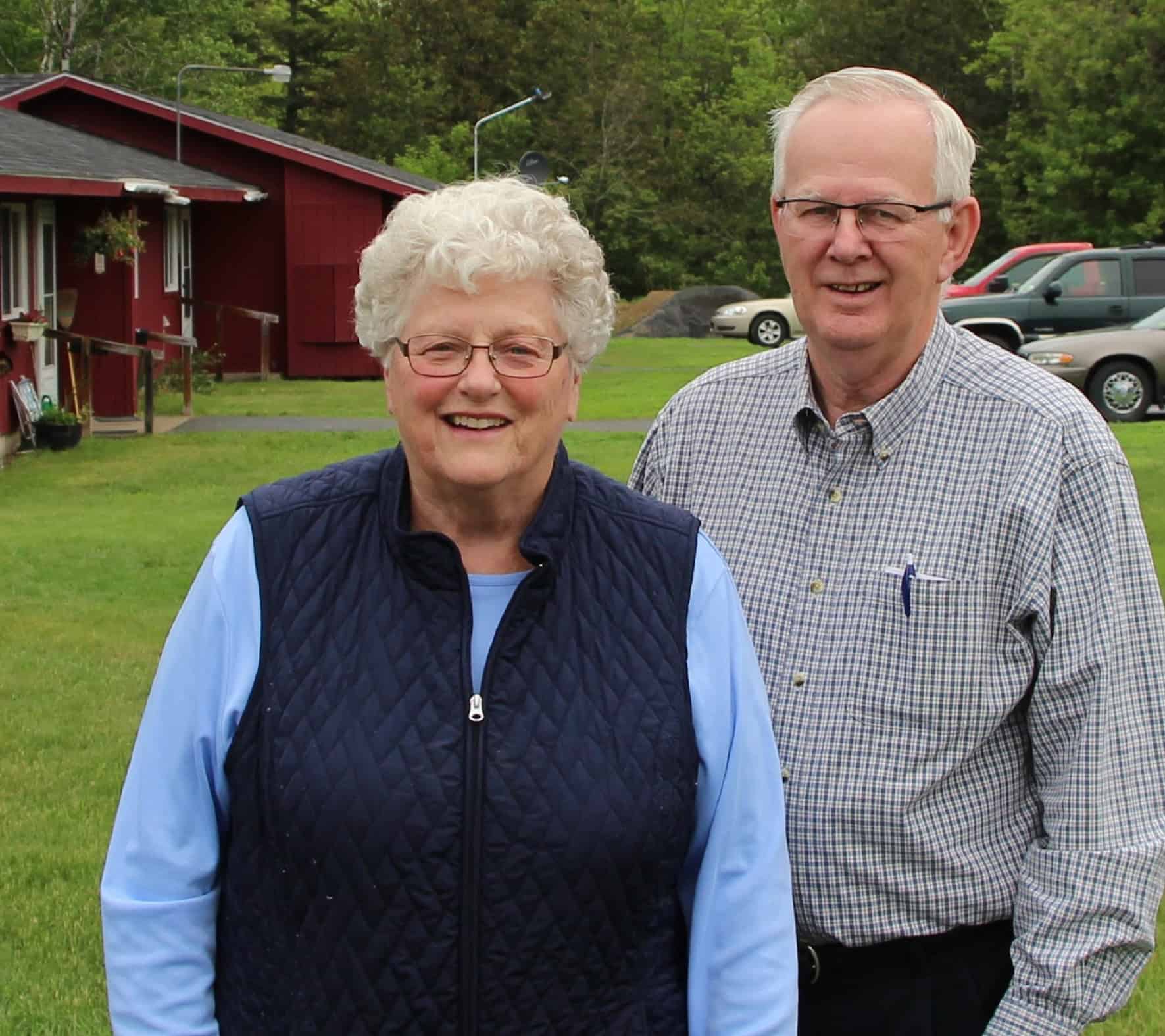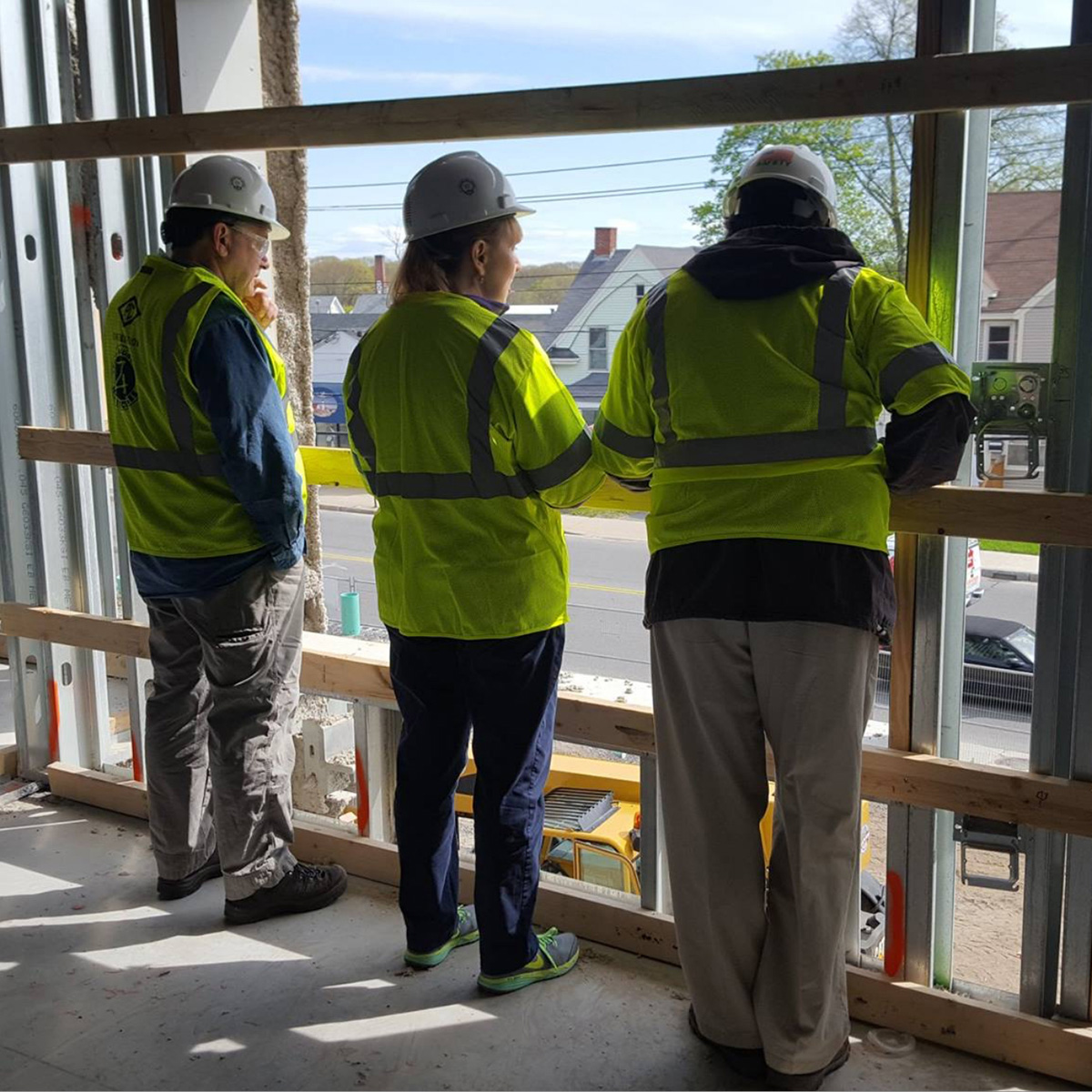
Preserving Rural Rental Housing Financed by the USDA
For residents who want to “age in place” in their home communities, for members of the workforce, including parents heading single-income houses and workers with disabilities—basically, for everyone who needs affordable rural rental housing, it is as important to preserve existing units as it is to build more of them.
That’s why Genesis has developed a model for Maine and other states to reduce the looming loss in rural areas of thousands of federally subsidized affordable apartments.
In Maine, 7,700 apartments are currently part of the Section 515 program of U.S. Department of Agriculture (USDA) Rural Development, a program that makes rent affordable for tenants. Established in 1963, it made 1-percent-interest mortgage loans to owners looking to develop rural housing.
At its height in the late 1970s, USDA financed the development of 35,000 rural apartments a year for owners across the country. Keeping the apartments in the program keeps them affordable, because the 515 program pays subsidies to the owners/landlords.
But many of these owners, like Lester Hersey and his wife (above), are older now and ready to sell. If they sell to private buyers, the buildings leave the 515 program. The new owners will rent the apartments at market rates, and the loss of affordable rental housing in rural communities will be devastating.
With a grant from USDA, Genesis staff began work in 2018 to create a way to transfer ownership of 515 properties to local nonprofits and housing authorities, in order to keep the properties in the USDA program. Key to the new transfer model is Maine’s relatively new affordable housing tax credit, in a use of the credit for rural housing preservation.
In the model’s first use, at the end of 2022, Volunteers of America of Northern New England became the new owner of two properties on Pine and Water Streets in Thomaston that contain 28 apartment homes.
Our model is a significant contribution to what needs to be a large, comprehensive effort by federal and state partners to secure affordable housing for the wellbeing of rural residents. We are working with a variety of stakeholders to pioneer a process that can be simplified and replicated to preserve this vital source of housing in rural communities.

